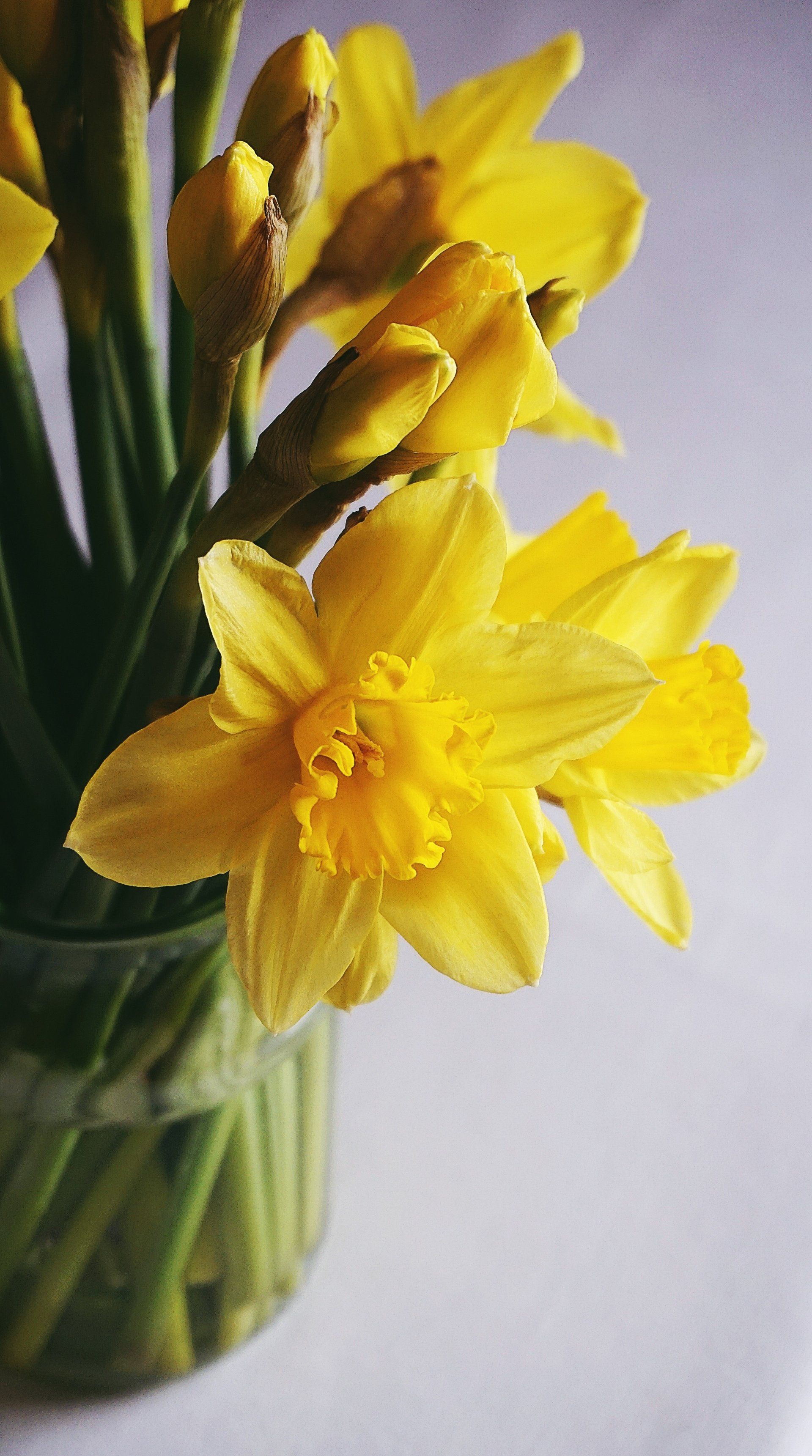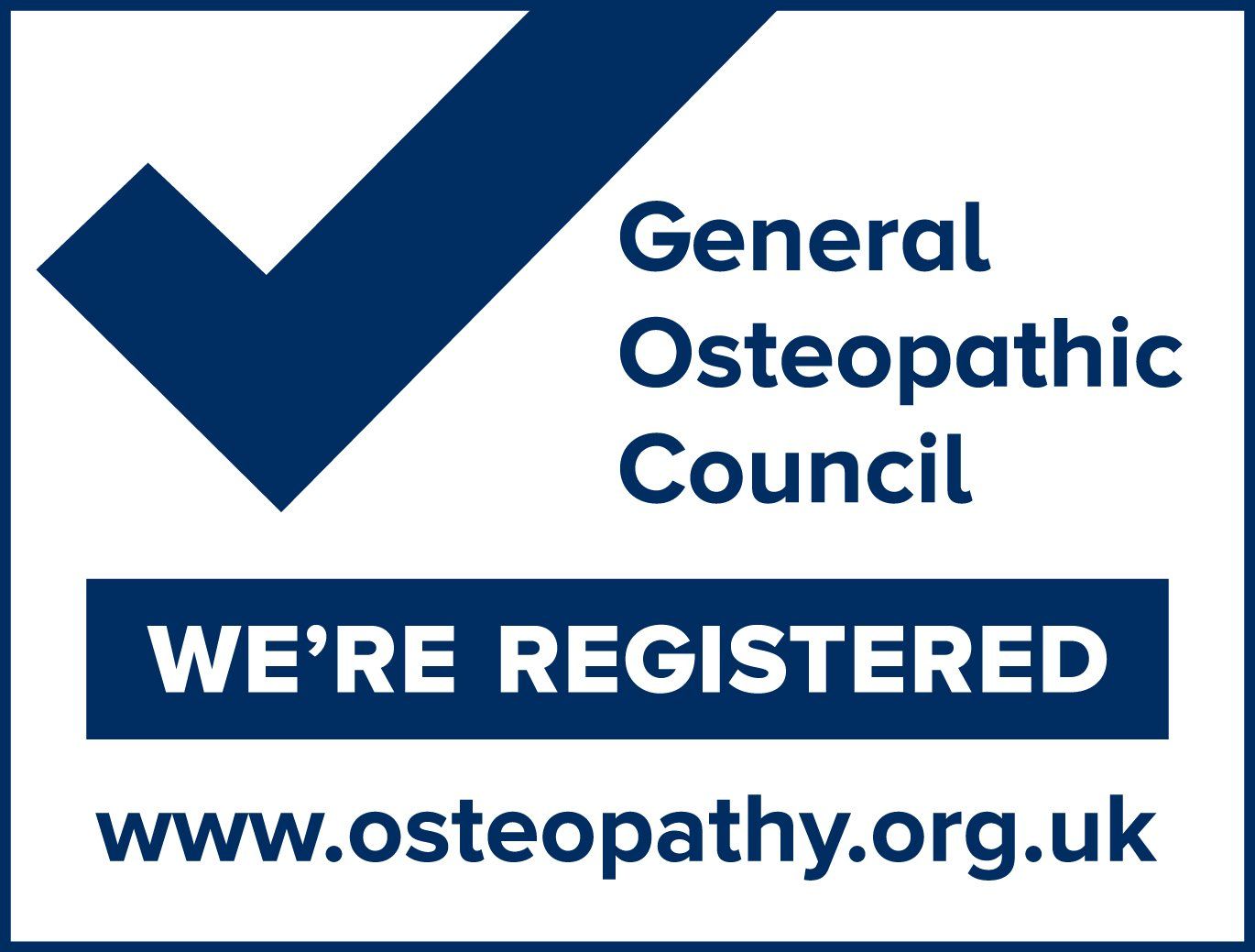Share this post

Spring is a time for spring cleaning and for getting back in the garden. Both activities can put a strain on your back and neck resulting in joint and muscle strains and ultimately pain.
CONTENTS
- Top tips to prevent stains
- Restore Scar Therapy
- Cranial Osteopathy for the treatment of babies
- Bank holiday opening times
- Alzheimer's Society
TOP TIPS TO PREVENT STRAINS:-
1) Stretch your back before starting your activity1
2) Bend from the knees
3) Avoid bending and twisting your back
4) Avoid over stretching – move closer to the activity you are performing
5) Take regular breaks
6) Break up the activities e.g. dig the garden, then do some planting, then weeding, then cutting back hedges, then go back to
digging
7) If you do strain your back consult your Osteopath
Ask for an urgent GP appointment or help from 111 if you have pain and:-
· High temperature
· You have lost weight without trying to
· There is a lump or swelling in your back or your back
has changed shape
· The pain does not improve after resting or is worse at
night
· The pain is made worse when sneezing, coughing or pooing
· The pain is coming from the top of your back (between the shoulders), rather than your lower back.
Call 999 or go to A&E if you have back pain and:-
· Pain, tingling, redness or numbness in both legs
· Numbness or tingling around your genitals or buttocks
· Difficulty peeing
· Loss of bladder or bowel control (peeing or pooing yourself)
· Chest pain
· It started after a serious accident such as a car accident
RESTORE SCAR THERAPY
THE RESTORE METHOD
RESTORE method scar therapy has been developed to:
*Promote healthy scar tissue formation to enhance functional and cosmetic results after cancer surgery.
*Reduce symptoms commonly observed in scars (local pain, itching, sensory dysfunction, reduced
mobility.
*Reduce any ‘global’ symptoms observed in the body (distal pain, changes to smooth movement or gait,
organ function changes) which occur as a result of scar or adhesion formation or fascial restrictions
following surgery or trauma.
*Promote emotional wellbeing and acceptance.
CRANIAL OSTEOPATHY FOR THE TREATMENT OF BABIES
When a baby seems to be suffering from digestive difficulties, it can be very difficult to know exactly what is wrong and how to help. It is very distressing to parents if their otherwise happy baby is crying in pain for long periods.
Deciding how best to help the baby is made more difficult because of the multitude of often contradictory and confusing advice offered by everyone – including family, friends and health professionals.
Most people assume that any crying baby is suffering from infantile colic. In reality, there are several different causes of infant digestive disorders, each needing slightly different management.
A crying baby may have no problem with his digestion, but simply be complaining of being uncomfortable somewhere else in his or her body. This is often in the head and neck as a result of being squeezed and twisted during the birth process.
The cranial approach to treatment is very gentle, and works in a way that encourages the tissues to ease and release their own strain patterns, rather than using any strongly applied forces in treatment. This allows the nervous system to return to a more relaxed state and helps to calm the intestines. (ref: Understanding Infant Colic – An Osteopathic Perspective by Clive Hayden MSc, DO, MSCC)
BANK HOLIDAY OPENING TIMES
May Bank Holidays
We will be open on
Monday 1st May, 2023
Monday 8th May 2023
Monday 29th May, 2023
ALZHEIMER'S SOCIETY
We continue to raise money for the Alzheimer’s Society.
Your contributions are always welcome.
SHARE POST
Recent Posts











